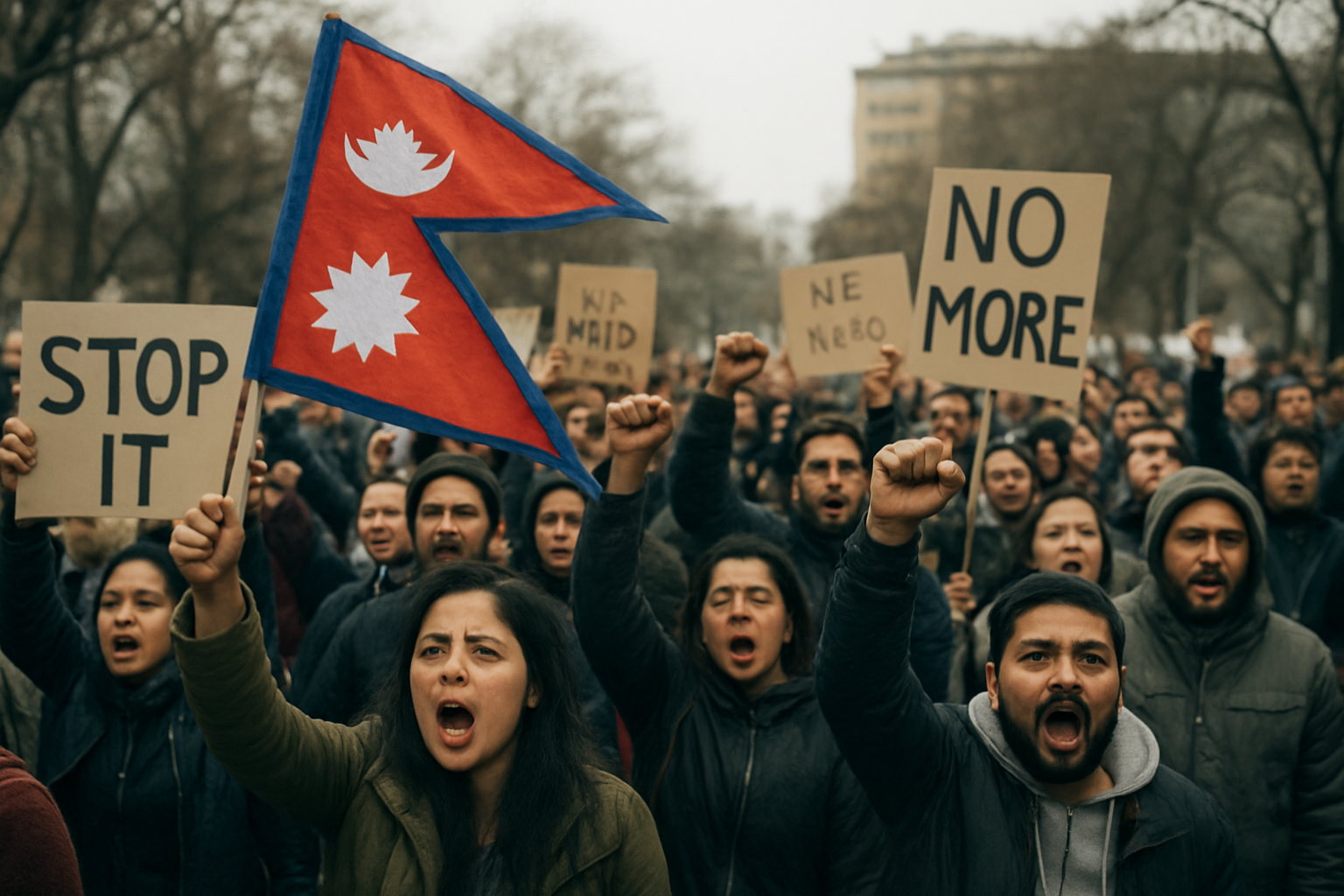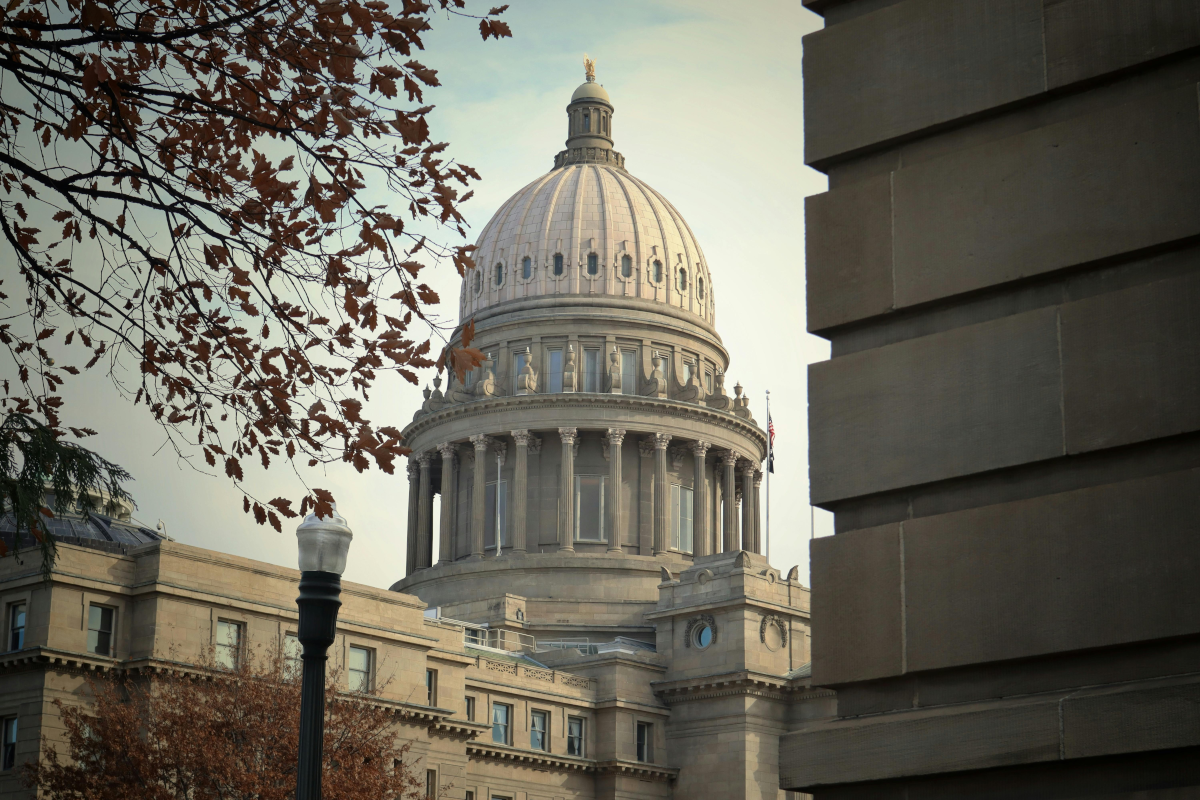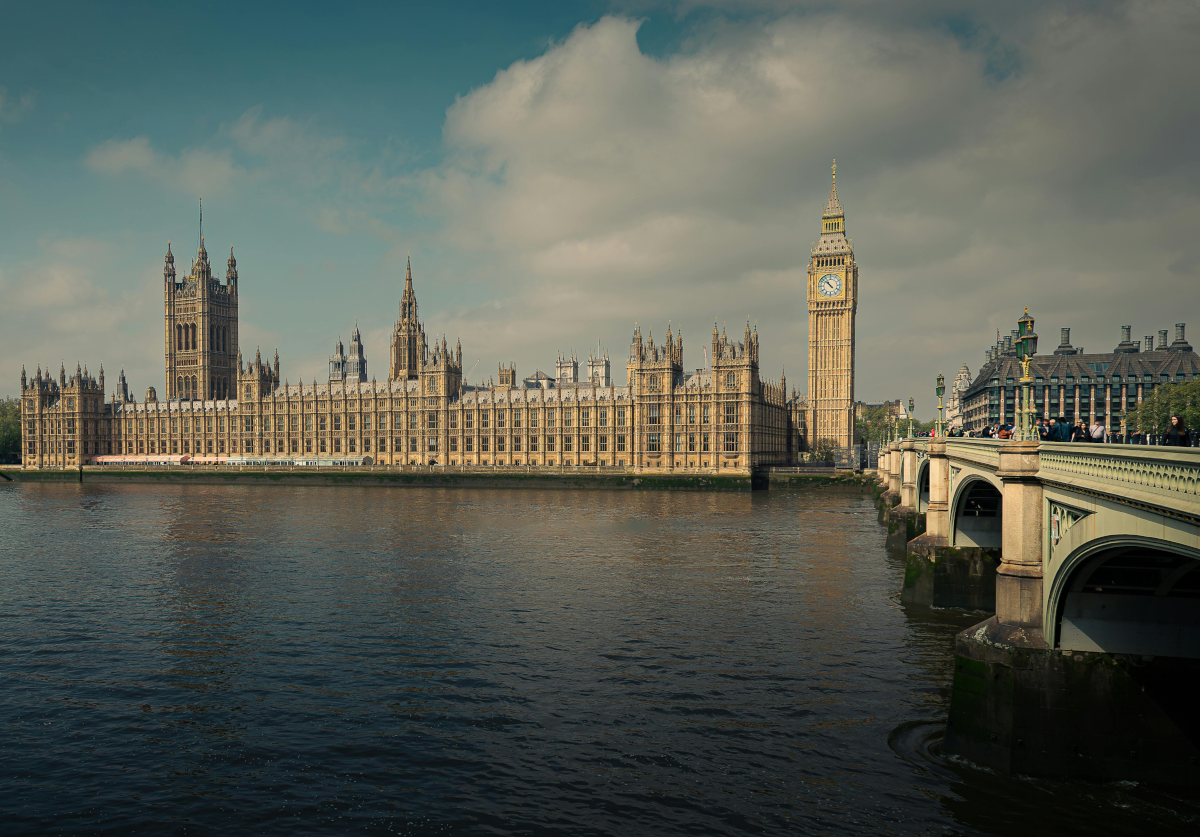Protests in Nepal against social media ban sees VPN sign-up spike
14th September 2025

Nepal is in turmoil after a sweeping social media blackout cut off access to 26 major platforms, from Facebook and Instagram to Discord and Reddit, sparking some of the largest protests the country has seen in years. The government says the ban is about getting platforms to register locally and help tackle misinformation, but critics call it censorship, especially since the bill hasn’t even passed parliament yet. The decision poured fuel on already simmering frustrations over corruption and inequality, leading to a wave of youth-led “Gen Z” demonstrations that turned violent. According to BBC reports, at least 19 people have been killed and hundreds more injured as police used water cannons, tear gas, and rubber bullets to disperse protesters, some of whom forced their way into Nepal’s parliament complex. But while the government was busy blocking social media, ordinary Nepalis were busy finding a way back online, and they turned to VPNs in massive numbers. Proton VPN, one of the world’s most privacy-focused services, reported an astonishing 8,000% surge in signups in the days after the ban went into full effect. Their own data shows a spike starting the night before the ban officially hit, suggesting that people were preparing in advance to stay connected. In a country where social media is one of the few spaces for free expression, VPNs became the digital lifeline that let people bypass the blackout and keep communicating. This isn’t the first time VPNs have become the people’s tool of resistance. Proton VPN has seen similar surges during internet crackdowns around the world, including a 1,000% rise in France after PornHub was blocked earlier this year. It’s a reminder that when governments clamp down on access, citizens will find ways to route around it. VPNs don’t just unlock restricted sites; they offer a layer of privacy and security that feels especially urgent when protests are met with force and surveillance. Nepal’s government says platforms can get unbanned by registering locally and providing a point of contact to help tackle abuse, but for many Nepalis, that’s beside the point. The ban happened before parliament even voted on it, which many see as a blatant overreach. It’s no wonder the streets filled with protesters demanding change, and no wonder VPN downloads exploded. If anything, this entire episode proves just how resilient the internet, and its users, can be. Cut off access, and people will find a way to get it back. In this case, VPNs didn’t just restore access to TikTok, YouTube, and Reddit; they restored a sense of agency. When your government pulls the plug, firing up a VPN can feel like a small but powerful act of defiance. For now, the protests are still raging, and it’s unclear if the ban will hold. But one thing is certain: VPNs have once again proven themselves as a critical tool for digital freedom. In an age where governments can switch off access with a stroke of a pen, the ability to route around censorship isn’t just convenient, it’s essential.



